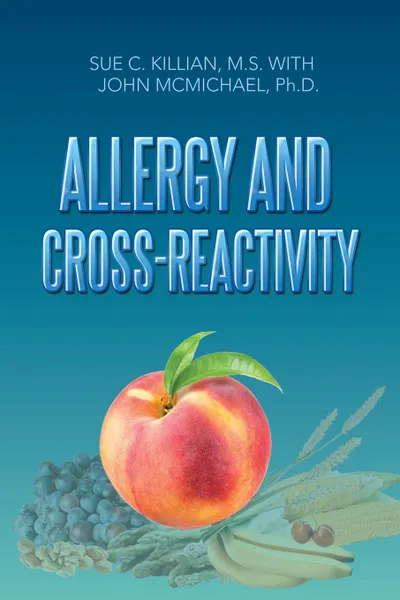Allergy and Cross-Reactivity 12+
Автор: Sue C. Killian,
John McMichael
286 страниц
Категория: Красота, здоровье и спорт
ISBN: 9781524599188
Язык: Английский
📗 This book announces to the reader that allergens are molecules. That’s right. You are not allergic to the entire ragweed plant, the entire dust mite, or the whole cow, just one or more types of allergic molecule within each of those organisms. If you are allergic to a molecule in a dust mite, for example, you might be allergic to shrimp or even tropical fish food. If you are allergic to some pollens, you could also be allergic to nuts, fruits, and some vegetables because they may share those pesky allergenic molecules. Some of these shared allergenic molecules have been identified by scientists, and the reader will benefit by learning where they hide. The reader’s unexplained reactions could be caused by these cross-reactive molecules. This is a situation where a little bit of knowledge is dangerous because cross-reactivity as it is, often briefly mentioned in magazines, could create fear of foods. Alternatively, knowledge about cross-reactive molecules could uncover these specific allergens. Patients could easily avoid these cross-reactive pollen molecules if they knew they were in their foods, thereby eliminating much suffering from allergy. Why would a patient who tested positive to a pollen eat the same allergens in a food? If they knew about cross-reactivity, they would not.This book explains the allergic response and the many chemicals the body produces in response to an allergic reaction. Allergy is a serious medical condition, and a patient can unintentionally make their allergic reaction much worse by exposure to a similar cross-reactive allergen. Alternatively, in addition to the patient’s chosen medical treatment, knowing about cross-reactivity can provide the patient with additional self-help.
Мнения
